|
|
|
Editor's note
|
|
Tēnā koutou katoa - and welcome to your New Zealand newsletter.
There are no words to adequately describe the tragedy of the Whakaari/White Island eruption on Monday afternoon. Six people have now died, many remain in hospital with serious burn injuries and emergency services have not yet been able to return to the island safely to recover bodies.
But experts can provide context, as University of Auckland volcanologist Shane Cronin does when he explains what caused the eruption and why there was no warning. AUT tourism expert Michael Lueck asks if it is time for the tourism industry, government and volcanic experts to review current rules and safety guidelines for guided trips.
In politics, Massey University’s Grant Duncan writes that while Australians may be envious of New Zealand as a bastion of progressive, compassionate government, Prime Minister Ardern has over-promised on policy, especially on solving the housing crisis.
In science, a new species of extinct penguin has been discovered in the Chatham Islands and it’s bridging the gap between modern penguins and their counterparts that lived during the Paleocene epoch - the 10-million-year period following the dinosaur extinction.
And in this week’s Climate Explained, AUT’s Jeff Seadon looks at why New Zealand should not follow other countries that have invested in waste-to-energy incinerators to reduce the amount of waste that goes to landfill.
And on an important side note, this will be the second to last edition of this special New Zealand newsletter. Make sure you sign up to The Conversation Australia + NZ’s daily newsletter here so you keep receiving the best in evidence-based news coverage from experts from both countries.
Thank you for reading. He mihi nunui, ka kite a tērā wiki.
|
Veronika Meduna
New Zealand Editor
|

|
|
Top stories
|
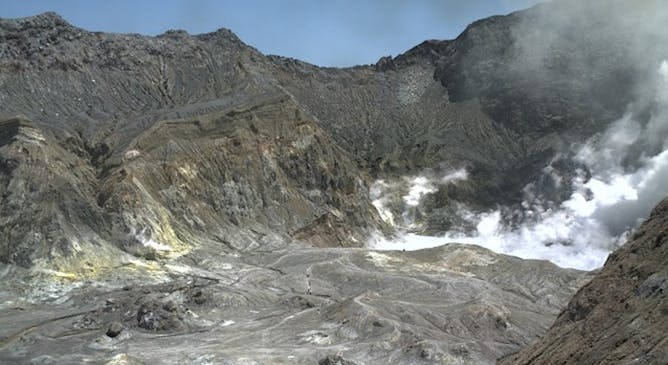
The volcanic alert level on Whakaari/White Island remains at three, one rung higher than it was when the eruption took place.
AAP/GNS Science
Michael Lueck, Auckland University of Technology
Visiting an active volcano involves risk. Hazard monitoring systems can issue warnings but in the case of the privately-owned White Island, the decision to take a tour falls to tourism operators.
|
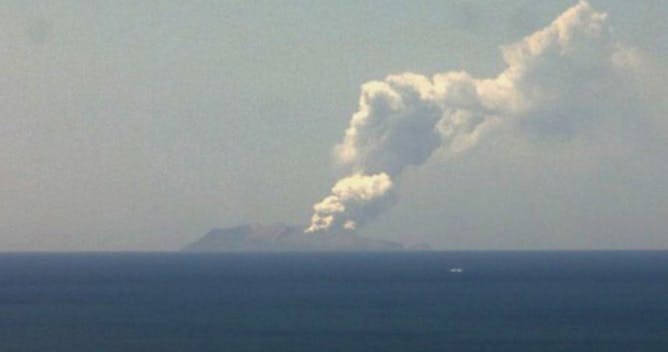
The sudden eruption at White Island was short-lived but produced an ash plume that rose several kilometres above the vent.
GNZ Science
Shane Cronin, University of Auckland
Five people have died and several remain unaccounted for after a sudden volcanic eruption on Whakaari/White Island off the east coast of New Zealand.
|
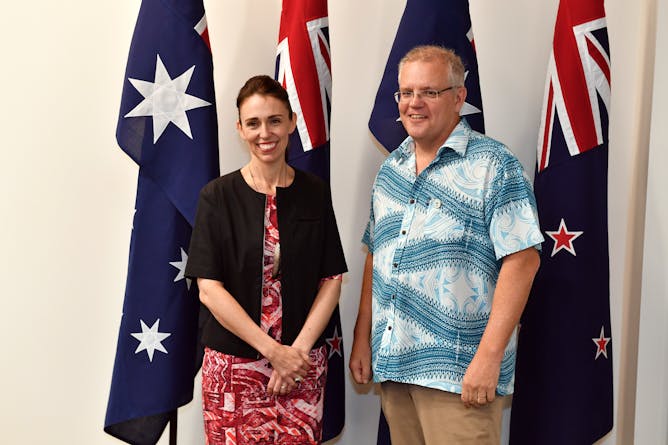
Jacinda Ardern created an indefinable aura of promise – but just as people fall in love, some have fallen out of love, too.
AAP/Mick Tsikas
Grant Duncan, Massey University
Yes, Jacinda Ardern is an intelligent, compassionate prime minister, but governing is difficult – and problems have inevitably arisen, or never gone away.
|
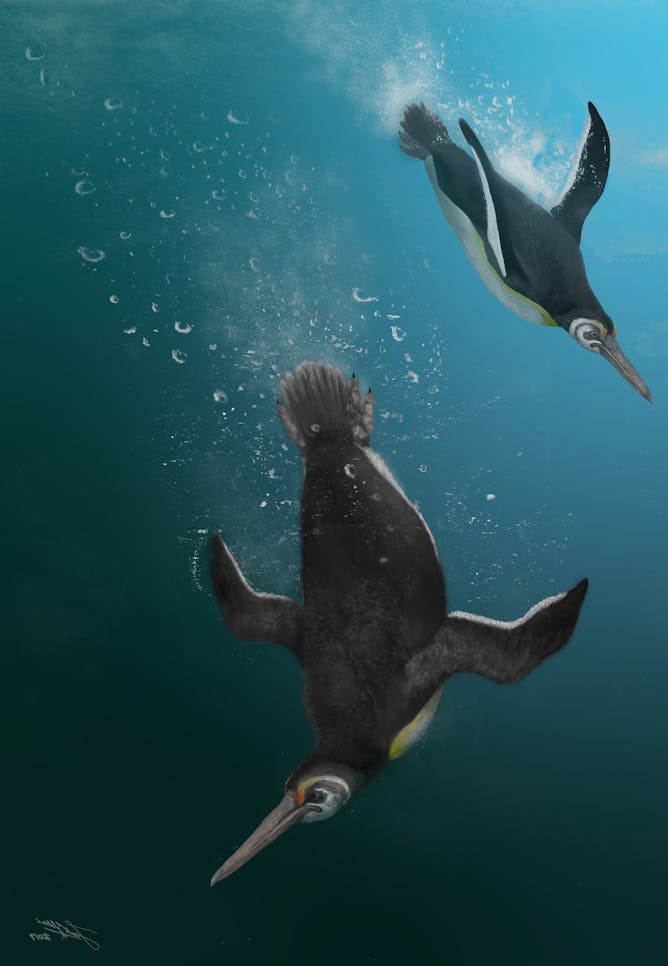
The newly discovered Kupoupou stilwelli would have once swam in the waters around Chatham Island near New Zealand.
Illustration by Jacob Blokland
Jacob Blokland, Flinders University
This newly discovered species is the oldest one known to resemble today's penguins in both size and leg proportions, unlike its giant co-habitants at the time.
|
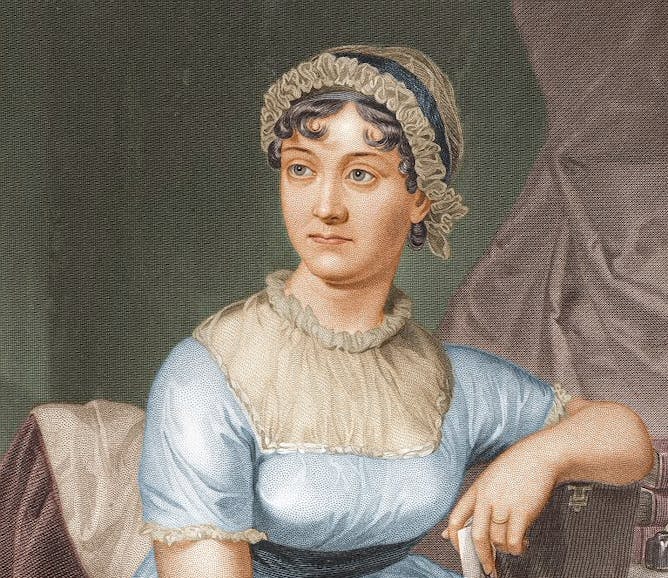
Jane Austen based on a portrait by her sister Cassandra.
Wikimedia Commons
Thomas McLean, University of Otago
When her contemporaries were engaging with European themes in their novels, Austen remained rooted in her home country.
|
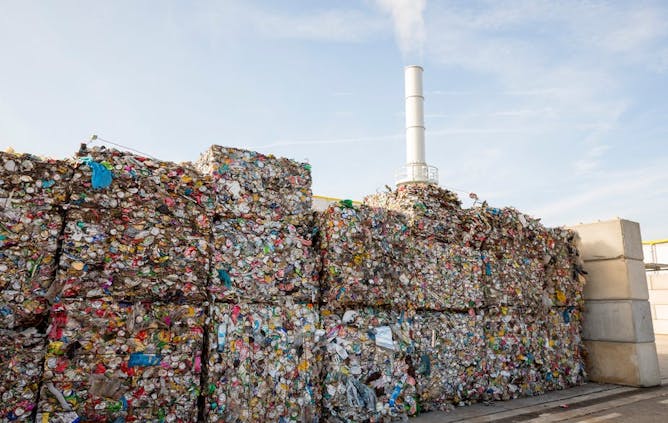
Many developed countries already have significant waste-to-energy operations and therefore less material going to landfill.
Jeff Seadon, Auckland University of Technology
Burning non-recyclable waste to generate energy sounds like a great idea – but incineration plants need an ongoing waste stream to be viable, which perpetuates the make-use-dispose mentality.
|
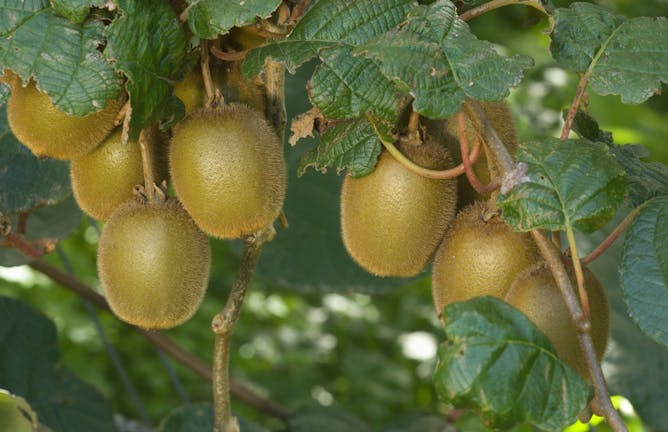
Many temperate crops require winter chilling to initiate flowering or fruit ripening, and orchards may need to shift to colder areas.
from www.shutterstock.com
Julian Heyes, Massey University
New Zealand is a net exporter of many fruit and vegetables. While climate-change induced food shortages are not an imminent risk, some crops may be affected by rising temperatures and extreme weather.
|
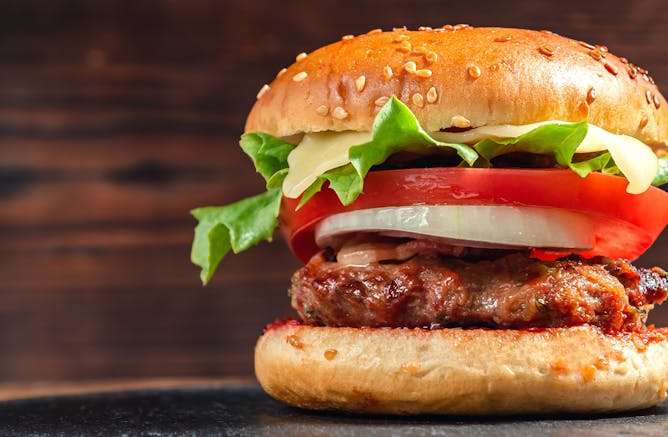
A New Zealand pizza chain deceived customers by offering plant-based meat without telling them - but it did so out of concerns for the environment.
from www.shutterstock.com
Samuel Becher, Victoria University of Wellington; Jessica C Lai, Victoria University of Wellington
Plant-based meats are disrupting the food market and some companies.
|
From The Conversation's international editions
|
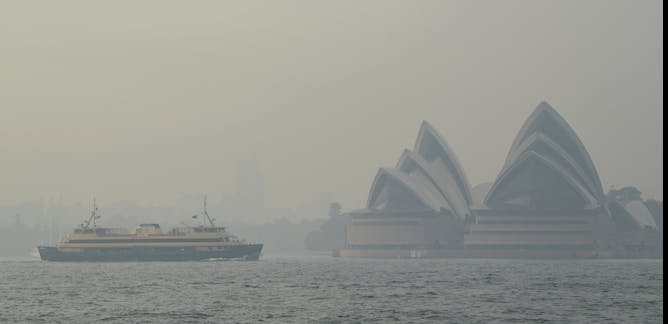
Blanche Verlie, University of Sydney
Fuming, burnt out, drained. Can our smoky cities spark a change in the political atmosphere?
| |
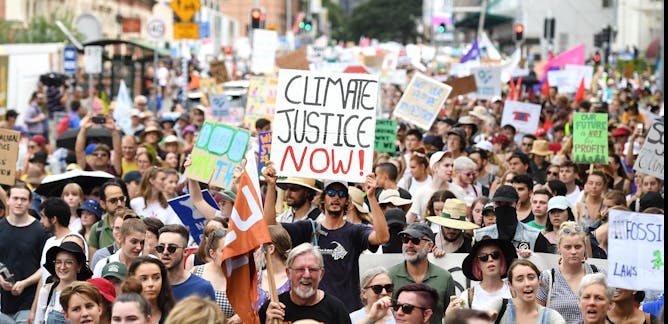
Elaine Pearson, UNSW; Louise Chappell, UNSW
From mass climate change movements to cultural genocide of Uighurs in China, here are some of the headline human rights moments that captured Australia’s attention.
|

Helen Parr, Keele University
Whatever it's merits, one thing is clear: Boris Johnson's deal does not mean anyone will stop talking about Brexit.
| |
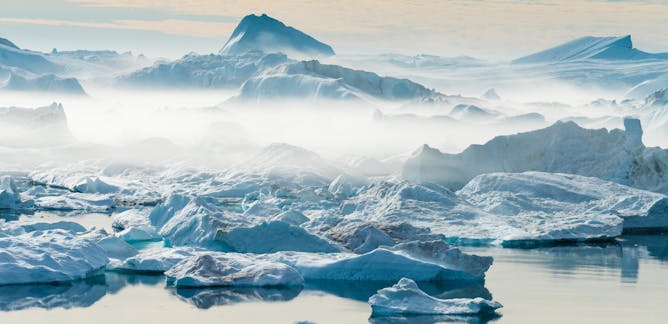
Inès Otosaka, University of Leeds; Andrew Shepherd, University of Leeds
Satellite research confirms its enormous ice sheet is melting faster than most scientists predicted.
|
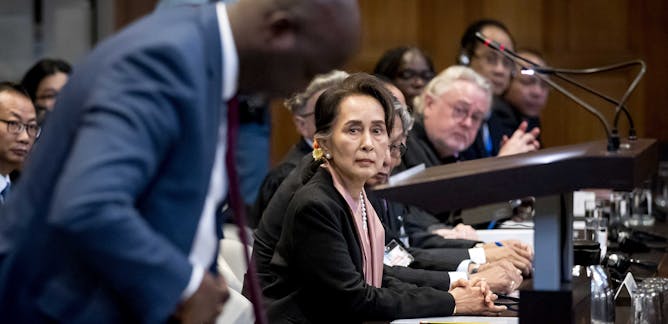
Mauro Barelli, City, University of London
A case brought by the Gambia claims that Myanmar's military committed genocide against its Rohingya Muslim minority.
| |
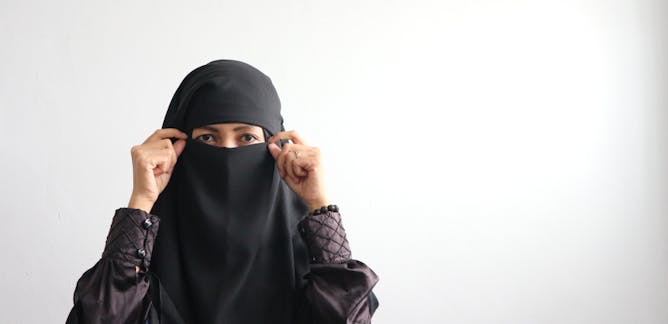
Alicia Izharuddin, Harvard University
If we acquiesce to the ban of the niqab, what makes the banning of other types of women's clothing any different?
|
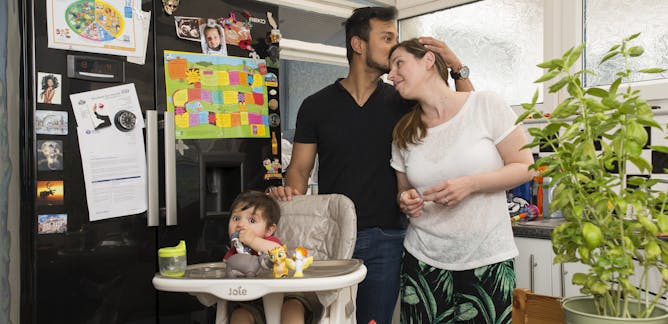
Nando Sigona, University of Birmingham
London’s superdiversity offers a safe and welcoming space for European citizens – but Brexit poses a real challenge to it.
| |
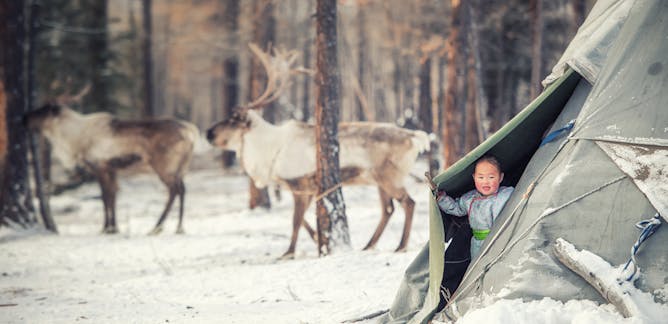
Diana Vela Almeida, Norwegian University of Science and Technology; Catherine Windey, University of Antwerp; Gert Van Hecken, University of Antwerp; Melissa Moreano, Universidad Andina Simón Bolivar; Nicolas Kosoy, McGill University; Vijay Kolinjivadi, University of Antwerp
Who wins, who loses and whose natures are being talked about when nature-based solutions are proposed?
|
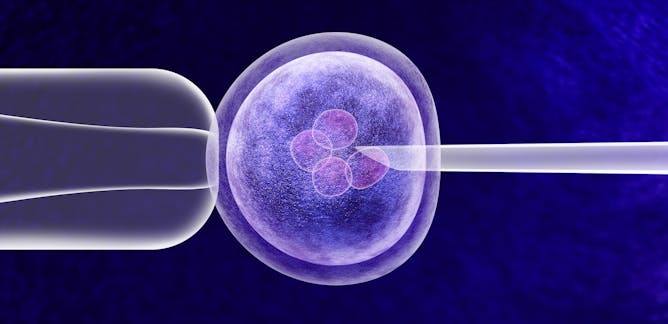
Françoise Baylis, Dalhousie University
One year after the first CRISPR babies were announced, changes in policies and regulations have meant that there have been no new CRISPR announcements since.
| |
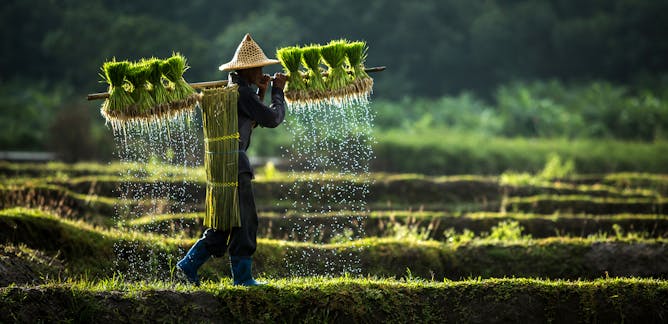
Ben Cousins, University of the Western Cape
Land reform has always been closely tied to shifts in the wider political economy of countries.
|
|
|
| |
| |
| |
| |
| |
| |
|
|
|
|
|
|
|